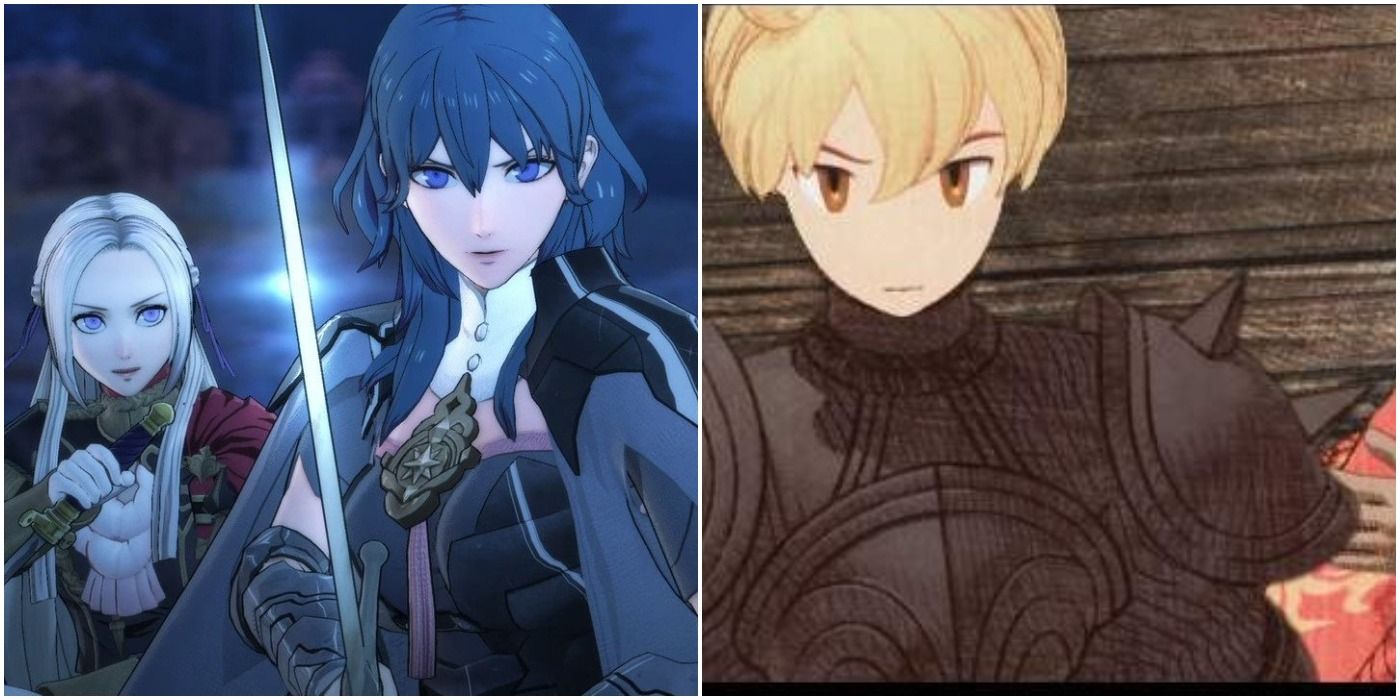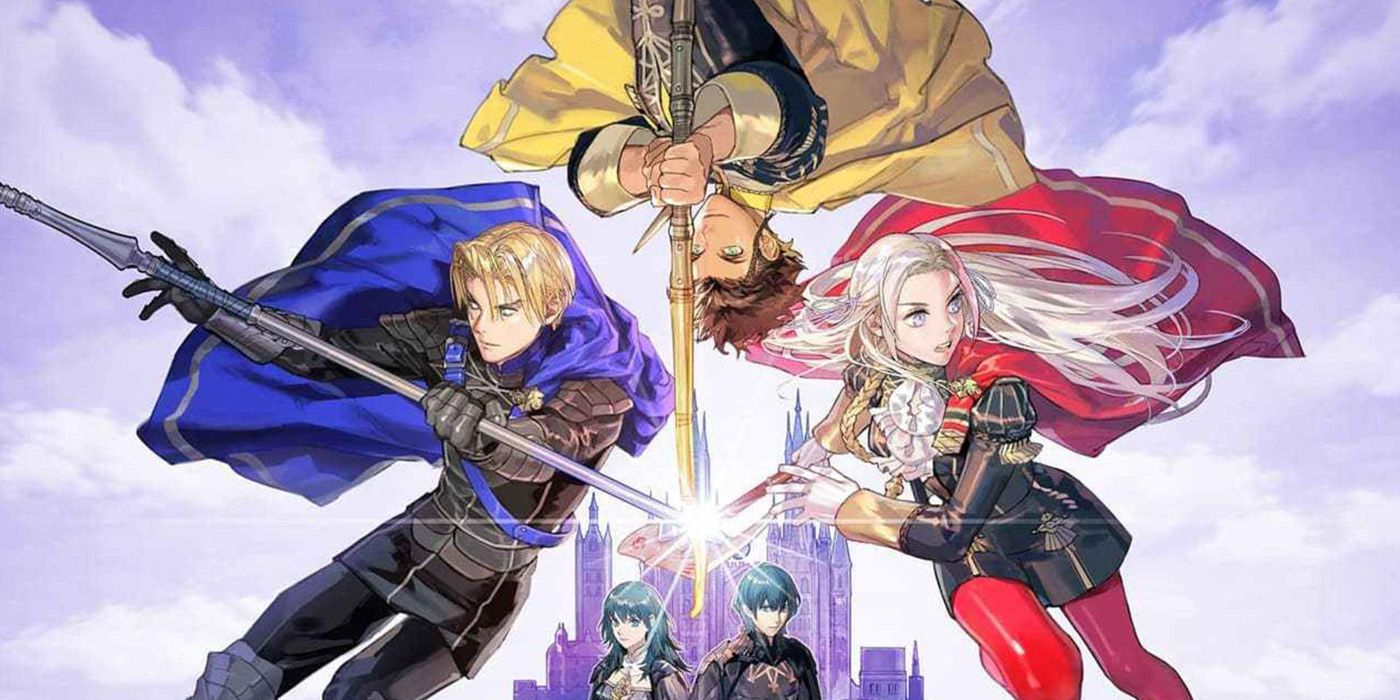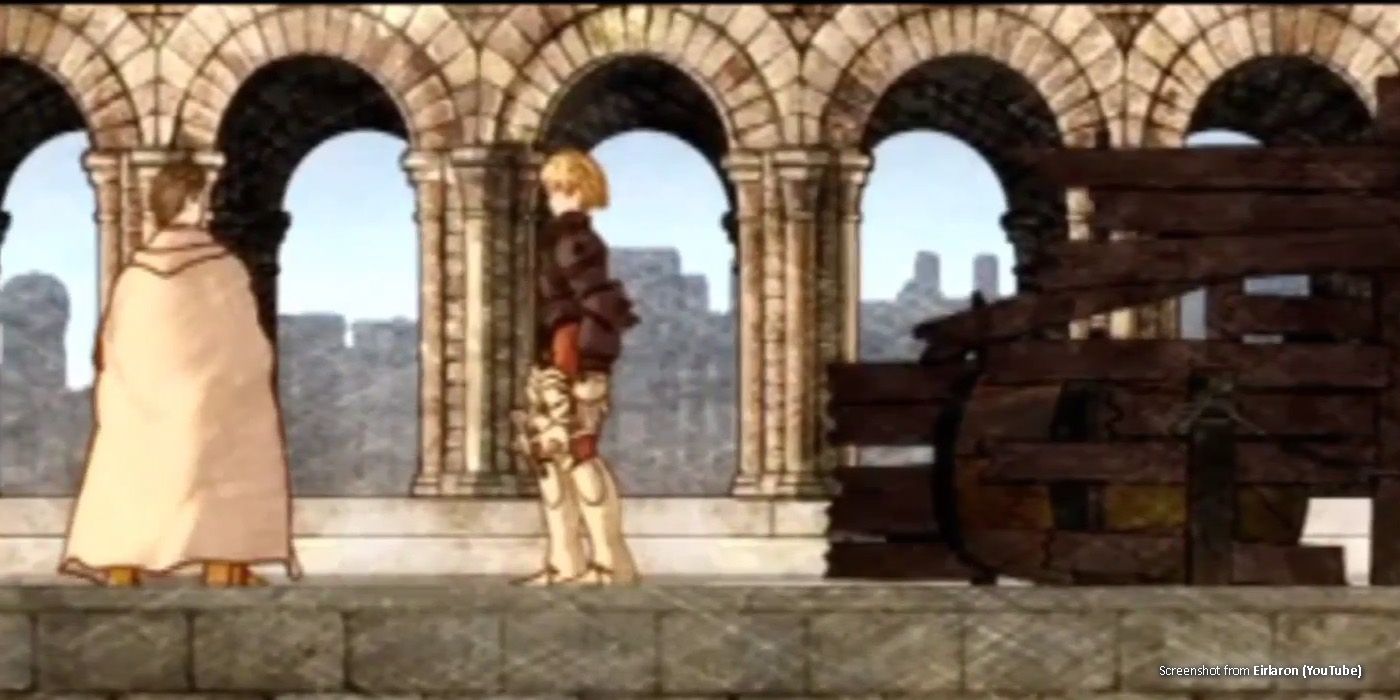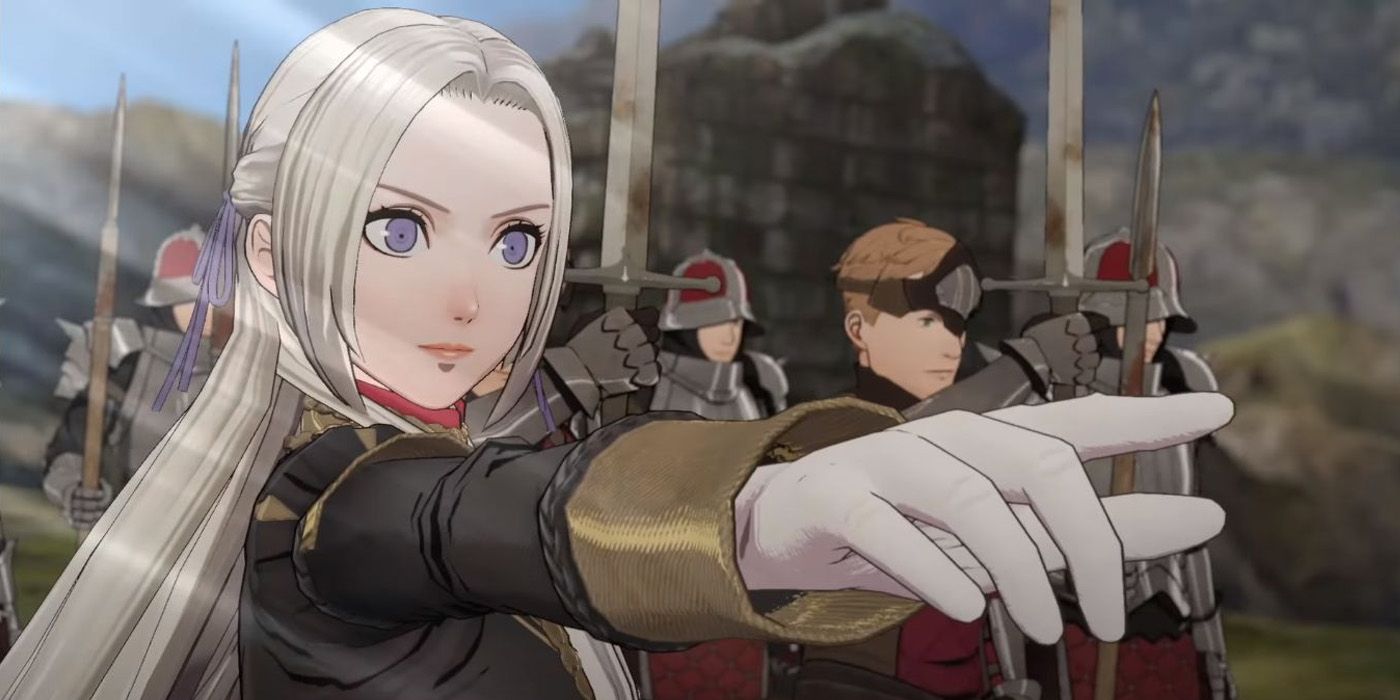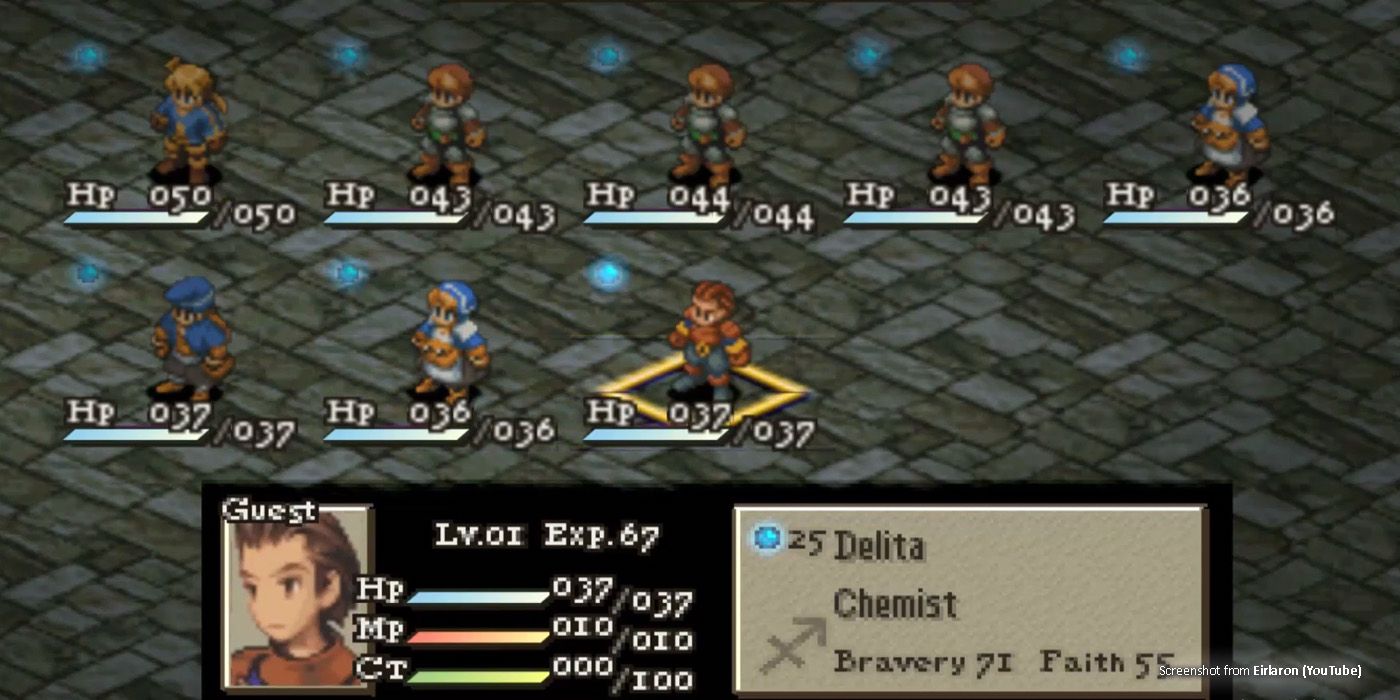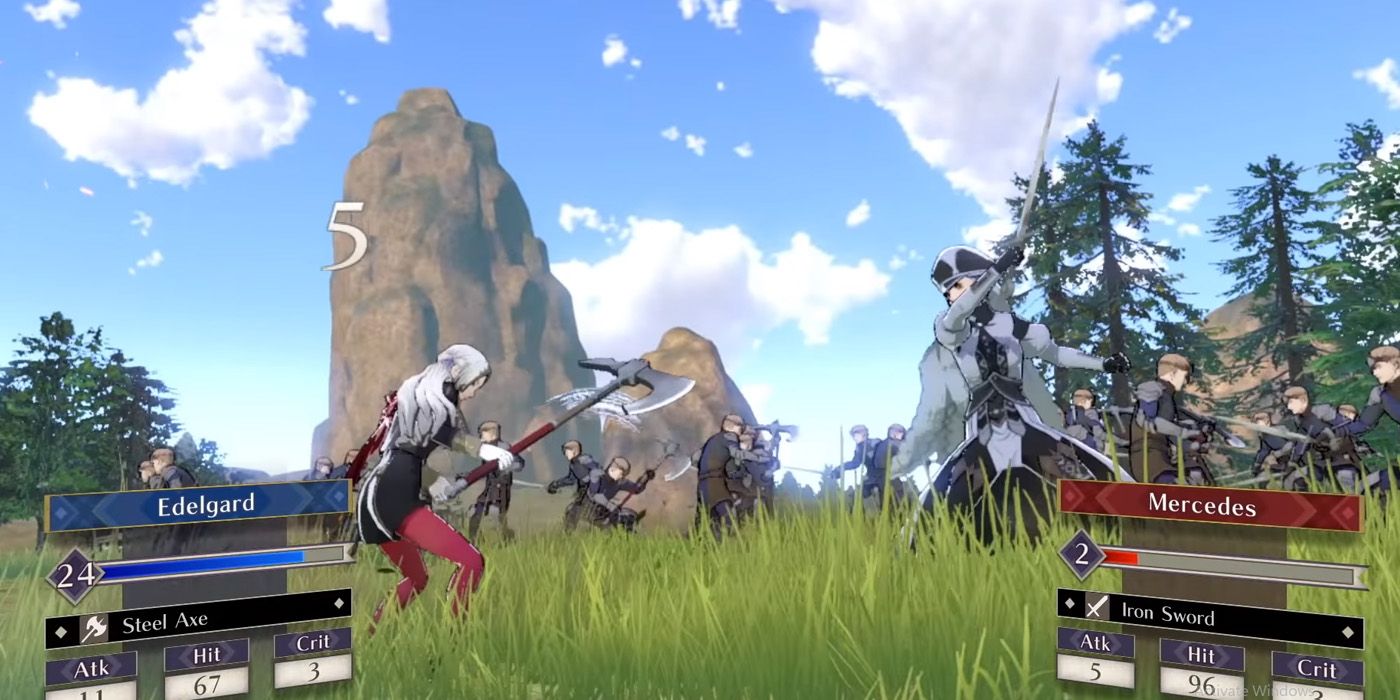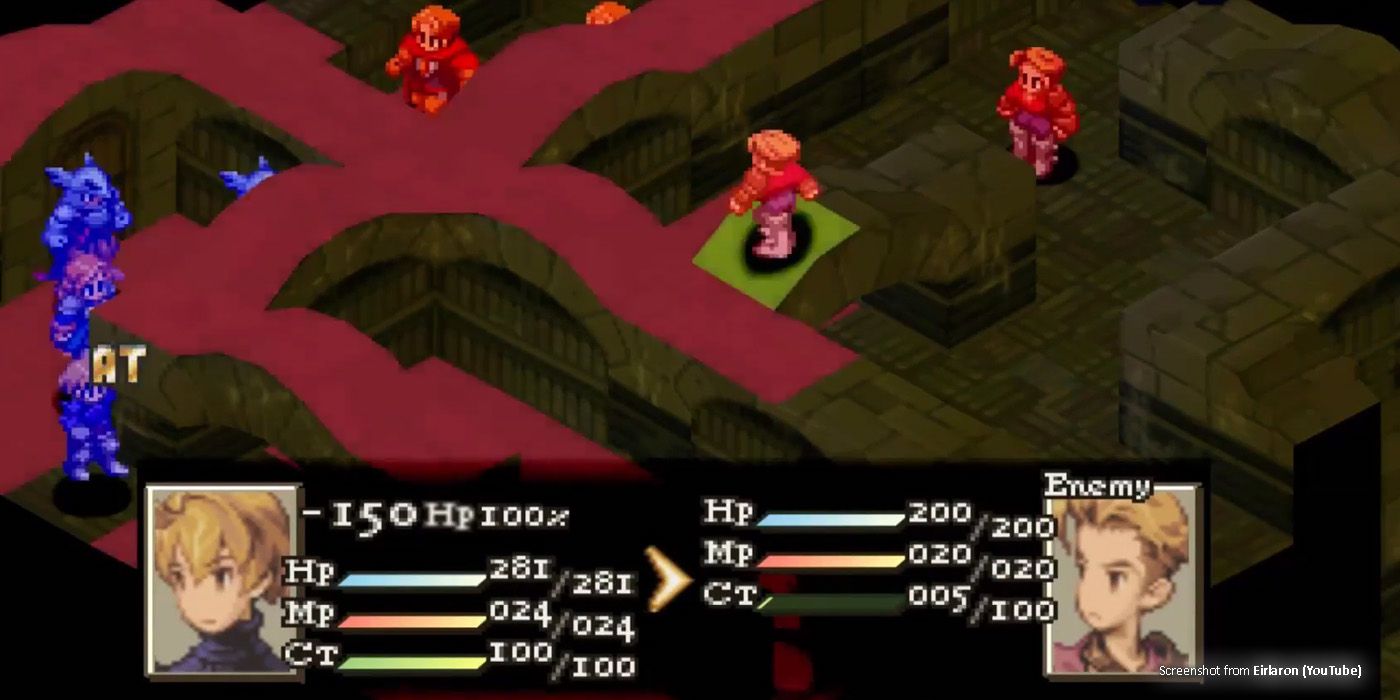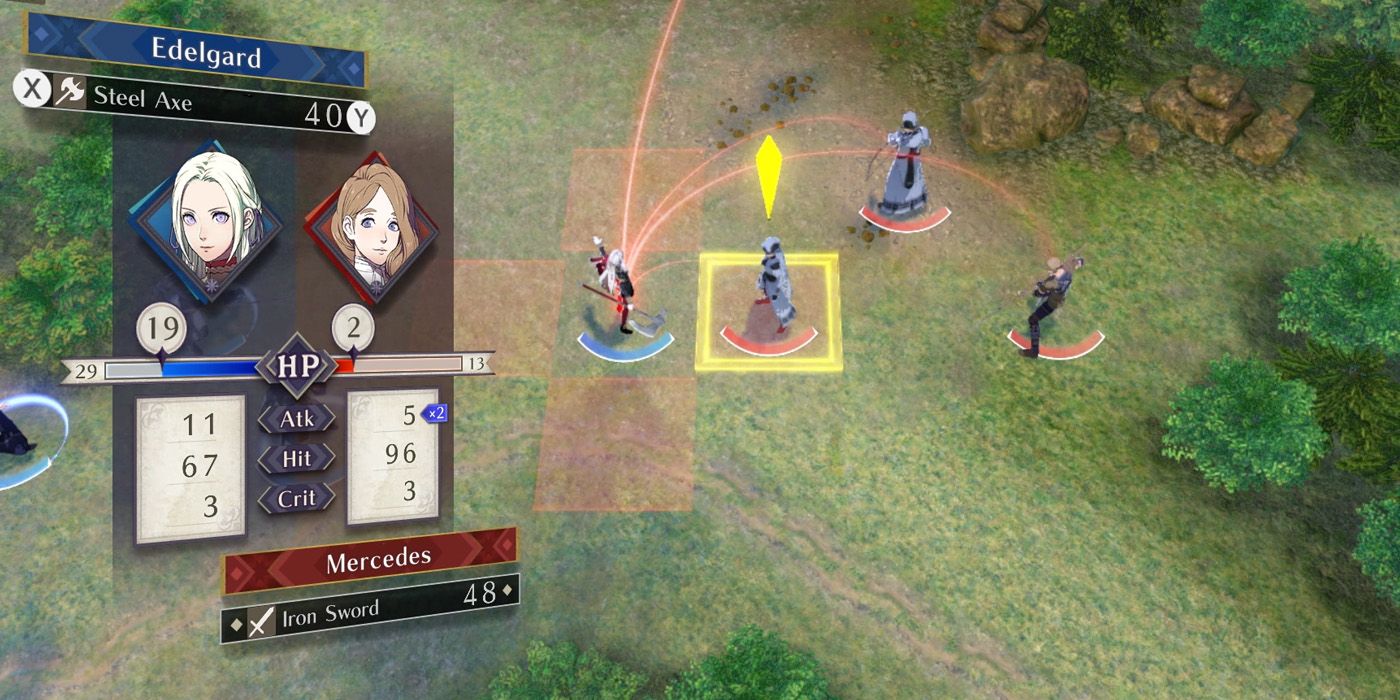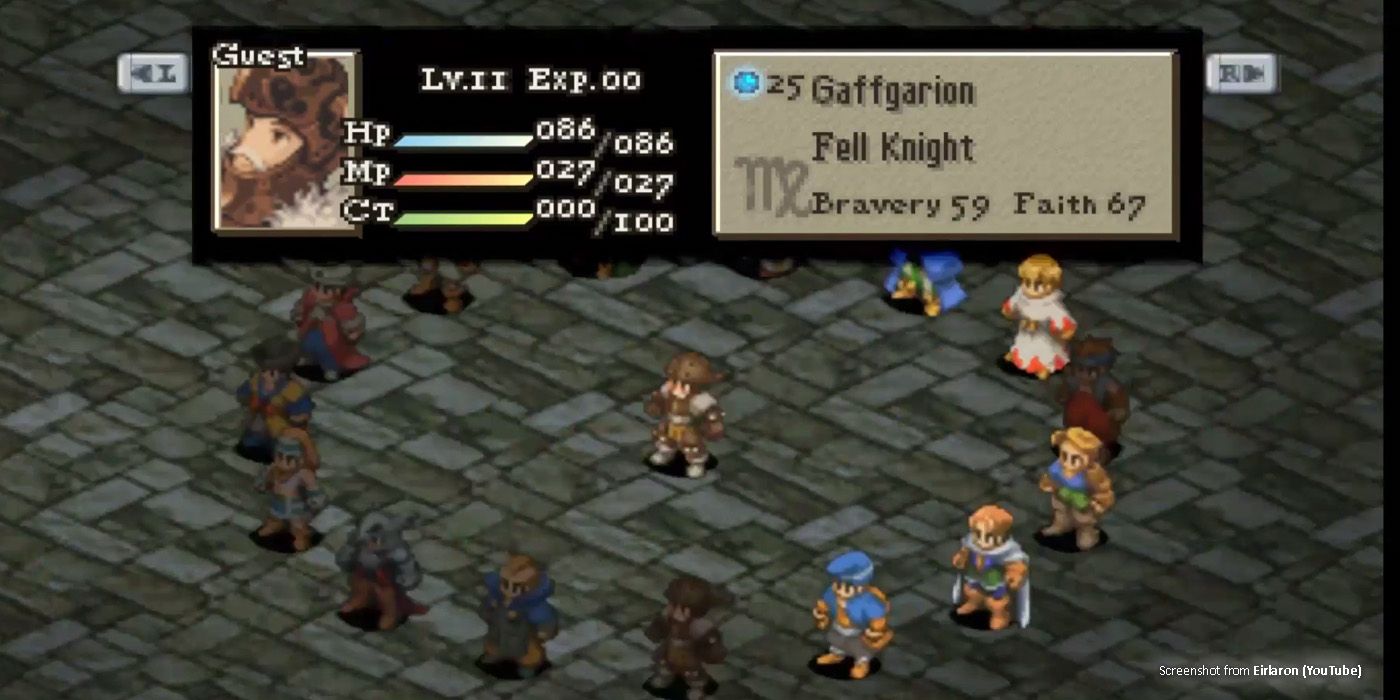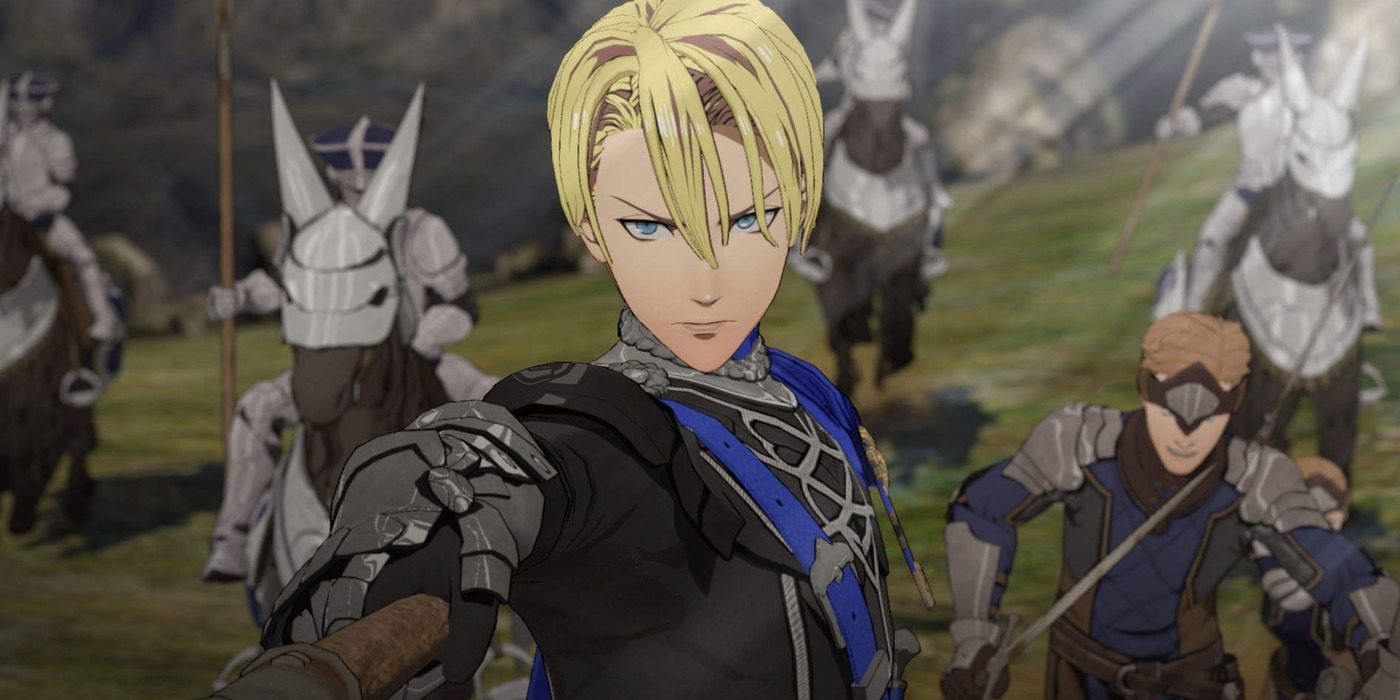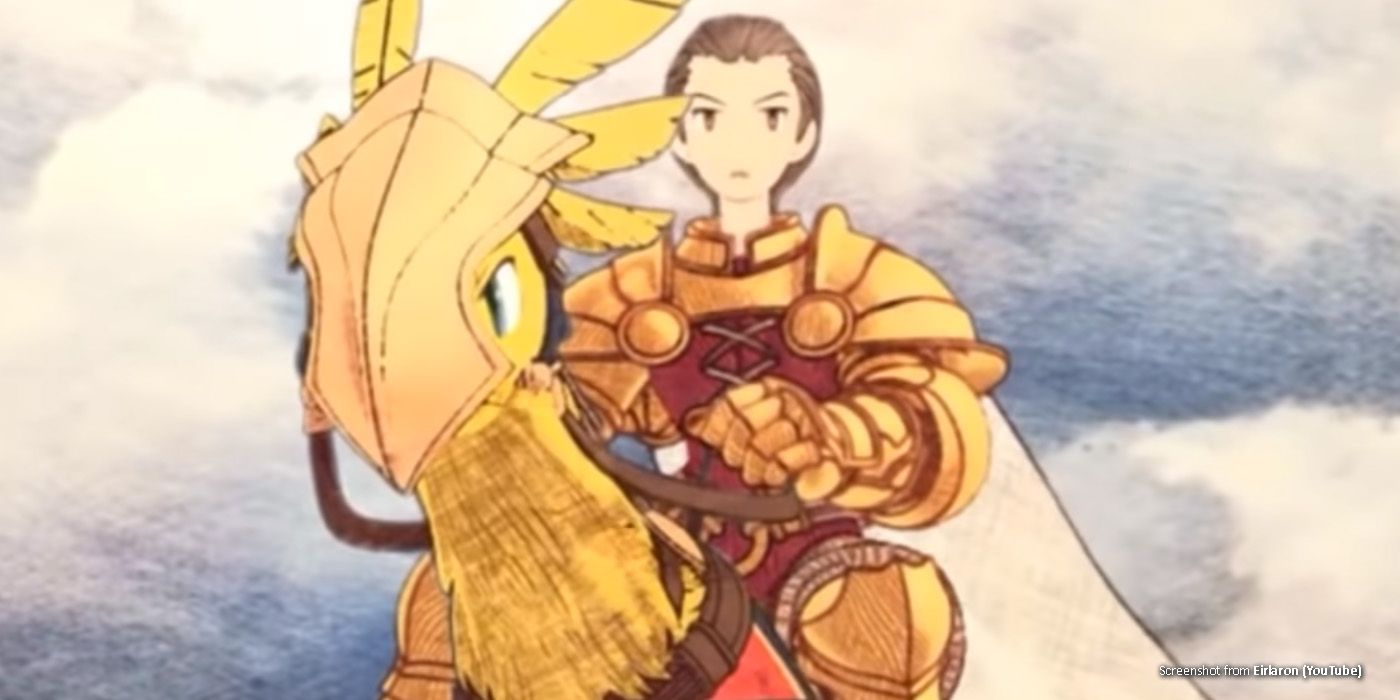Gamers enjoy tactical RPGs for their focus on character growth, careful positioning, and resource management. Interestingly, despite the existence of games that tackle the genre, some titles just make a huge mark in the player base. For instance, hit games such as Fire Emblem and Final Fantasy Tactics offer not just unique gameplay, but also compelling stories. As such, it's normal to see tactical RPG fans get divided into just what is the genre's "best" title.
For instance, on the one hand, Fire Emblem offers a more flexible take on tactical RPGs. Aside from a unique Weapon Triangle, the series offers item durability and character childbirth options. Meanwhile, Final Fantasy Tactics offers its trademark rich Final Fantasy story in a tactical RPG befitting of the franchise. As such, the series has interchangeable classes and staple Final Fantasy elements transformed to fit its games' settings.
In this regard, just which tactical RPG rises to the top?
10 Fire Emblem Wins: Overarching Mythos
Similar to most iconic RPG titles, Fire Emblem succeeds in delivering a gripping and compelling narrative since its 1990 release. Moreover, with 20 games (as of writing) comprising of main titles, remakes, and spinoffs, Fire Emblem manages to share an overarching mythos. As such, all games in the series share common elements while still maintaining their own plots.
Aside from political and territorial conflict, Fire Emblem games also tackle issues on culture, politics, religion, and even philosophy. Moreover, the games explore many of these themes with the help of the relationship of humans with other species as well as powerful dragons.
9 FF Tactics Is Better: Shakespearean Tragedy
Perhaps what sets Tactics apart from other main series titles is its narrative direction. To clarify, the game takes place in Ivalice, which is the same setting of FF 12. Years prior to Vaan and Penelo's tale, Ivalice ends up embroidered in the War of the Lions. Most people in Ivalice know that the warrior Delita Heiral becomes the hero of the War. Meanwhile, history brands Ramza Beoulve as an excommunicated traitor and heretic. Unfortunately, unbeknownst to most people, there's more to the War of the Lions as it seems.
Akin to epic fantasies and somber tales, Tactics takes a darker direction with its narrative. As such, the story talks of warring nobilities, backstabbing families, and a conspiracy involving powerful institutions.
8 Fire Emblem Wins: Characters Matter
A lot of RPGs center around a few individuals and how their narratives affect the story at large. However, Fire Emblem tries to change this dynamic thanks to a shift in focus towards character development. Moreover, thanks to its staple perma-death system, players always have to stay careful with units they send into battle or not. After all, aside from missing out on a unit to level up, these "units" also have their own share of character stories.
In fact, these units can form "relationships" with each other and affect their performance in battles. Certain units form bonds with others depending on certain conditions, and some titles also feature generational systems where units can marry and have children with shared traits.
7 FF Tactics Is Better: Everyone Has A Role
Most RPGs center around a few individuals. However, not all these RPG setups make a mark with how the game shares its story. Thankfully, Tactics offers just enough depth to make sure minor characters have their own story to tell. Thanks to the "historical narrative" perspective of Tactics, players know for a fact that anyone can affect the story.
More than that, all characters in Tactics don't exist to fill a "stereotype." Players who finish the game know that everyone, no matter how small the role, seems to have a bigger impact on the story. And given how convoluted the plot would get, people would often switch sides or even die for the sake of the other characters.
6 Fire Emblem Wins: Triangles And Trinities
Another notable trait of Fire Emblem lies in its unique "triangle" systems to determine how weapons and even spell types perform in battle.
Unlike other RPGs, Fire Emblem's core tactical gameplay relies on this Weapon Triangle to determine strengths and weaknesses on weapons. In essence, swords, axes, and lances play in a rock-paper-scissors system.
Meanwhile, magical tomes also rely on their triangles to determine the strength of spells. For instance, the Anima Triangle specifies how wind, thunder, and fire also form their own elemental damage triangle. These elements, called Anima, fall under a larger Trinity of Magic. In the latter, Anima, Light, and Dark spells interact.
5 FF Tactics Is Better: Crazy Balance
A lot of people Tactics fans praise the game for its simple combat system. After all, like other tactical RPGs, combat in Tactics takes place on a grid with various heights. Moreover, characters can move and take actions based on certain counts. However, unlike other team-versus-team setups, Tactics uses a Charge Time system to determine initiative across all characters.
This factor leads to the strategic highlights of Tactics. Thanks to its simple combat, players can eventually use a whole host of strategic elements. For instance, abilities and spells that take time to cast might become useless if targets end up moving away. Moreover, other class lineups can end up causing crazy imbalances that make the game frustratingly fun and complex.
4 Fire Emblem Wins: Unique Sense Of Growth
In most RPGs, characters can change classes in special menus and may only use weapons or skills. Interestingly, Fire Emblem characters can unlock, change, and switch classes when they meet a certain level and other requirements. For instance, most Fire Emblem games feature a secondary requirement (an actual item, Certification Exam, or Seals) before class changes.
Meanwhile, leveling up also increases certain character statistics based on their growth rate. As such, certain characters become inherently strong towards certain class archetypes. This system gives characters a unique sense of growth, and players who complete these certification exams and get the right seals can feel a sense of accomplishment.
3 FF Tactics Is Better: Reasonable Character Progression
Unlike other RPGs, Tactics places a huge emphasis on its overarching narrative. Thanks to this feature, Tactics provides a great deal of customizability to players - but just enough to avoid making it confusing. For instance, players can quickly switch character Jobs outside of battle, giving them opportunities to try out new character options.
Moreover, Jobs slowly unlock other Job types for each character, allowing players to determine a specific progression for their favorite characters. Most importantly, playing a specific Job enough can grant permanent abilities attached to the character. This factor means that a Knight can have the Dragoon's Jump ability and the Black Mage's arsenal of spells.
2 Fire Emblem Wins: Replayable Narrative
Developers of Fire Emblem used the term "RPG simulation" to describe the series. Unlike other RPGs, Fire Emblem combines the character development of RPGs with tactical simulations. As such, units aren't just "units" but are characters players can interact with. Moreover, the focus on character narratives adds weight whenever players let these units die or let them go throughout the story.
As such, whereas most RPGs offer replayability in the form of harder difficulty, replaying Fire Emblem also benefits players from a narrative perspective. After all, certain characters only get recruited or stay when interacting with certain characters. Moreover, the characters that stay with the player may prove capable of changing the course of events in the overall narrative.
1 FF Tactics Is Better: Truly Final Fantasy
Thanks to Final Fantasy's popularity, Final Fantasy Tactics contains just enough tropes and traditions to make the game belong to the franchise. In fact, outside the main story, Tactics has side quests that allude to a lot of Final Fantasy games. There's even one that features Cloud from FF 7!
It's these elements that add a lot of punch to Tactics' overall narrative, as the things happening outside the main story work a great deal in fleshing out the world of Ivalice. As players finish the game in many playthroughs, they will feel as though they're experiencing different versions of history - each with unique character-class combinations, setups, and final lineups.

